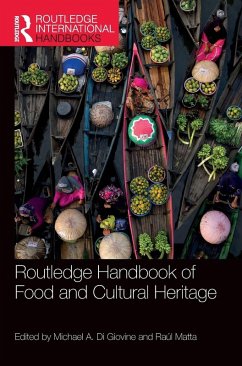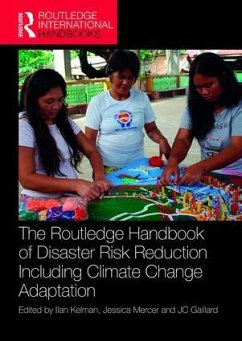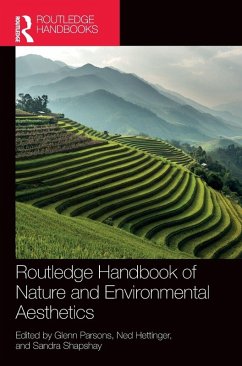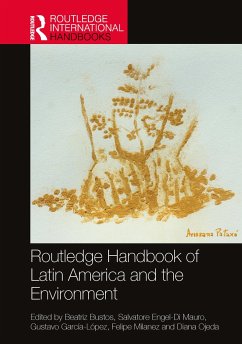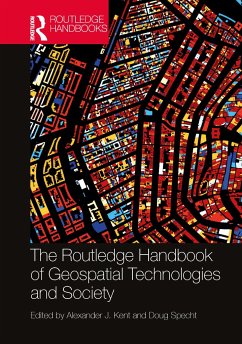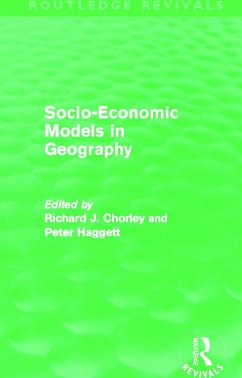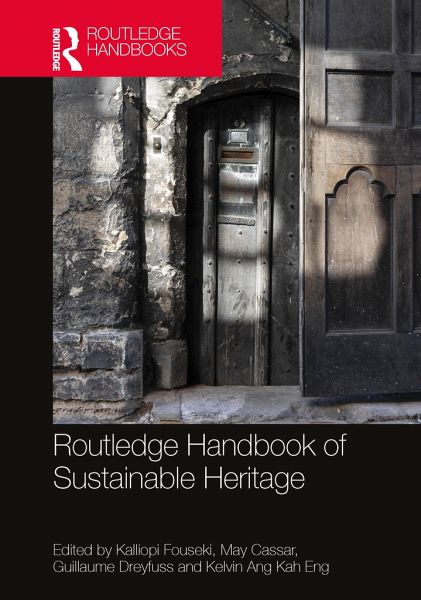
Routledge Handbook of Sustainable Heritage
Versandkostenfrei!
Versandfertig in 1-2 Wochen
262,99 €
inkl. MwSt.

PAYBACK Punkte
131 °P sammeln!
This handbook presents cutting-edge and global insights on sustainable heritage, engaging with ideas such as data science in heritage, climate change and environmental challenges, indigenous heritage, contested heritage and resilience. It does so across a diverse range of global heritage sites. Organized into six themed parts, the handbook offers cross-disciplinary perspectives on the latest theory, research and practice. Thirty-five chapters offer insights from leading scholars and practitioners in the field as well as early career researchers. This book fills a lacuna in the literature by of...
This handbook presents cutting-edge and global insights on sustainable heritage, engaging with ideas such as data science in heritage, climate change and environmental challenges, indigenous heritage, contested heritage and resilience. It does so across a diverse range of global heritage sites. Organized into six themed parts, the handbook offers cross-disciplinary perspectives on the latest theory, research and practice. Thirty-five chapters offer insights from leading scholars and practitioners in the field as well as early career researchers. This book fills a lacuna in the literature by offering scientific approaches to sustainable heritage, as well as multicultural perspectives by exploring sustainable heritage in a range of different geographical contexts and scales. The themes covered revolve around heritage values and heritage risk; participatory approaches to heritage; dissonant heritage; socio-environmental challenges to heritage; sustainable heritage-led transformation and new cross-disciplinary methods for heritage research. This book will be an invaluable resource for students and scholars in heritage studies, archaeology, museum studies, cultural studies, architecture, landscape, urban design, planning, geography and tourism.





